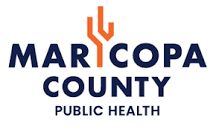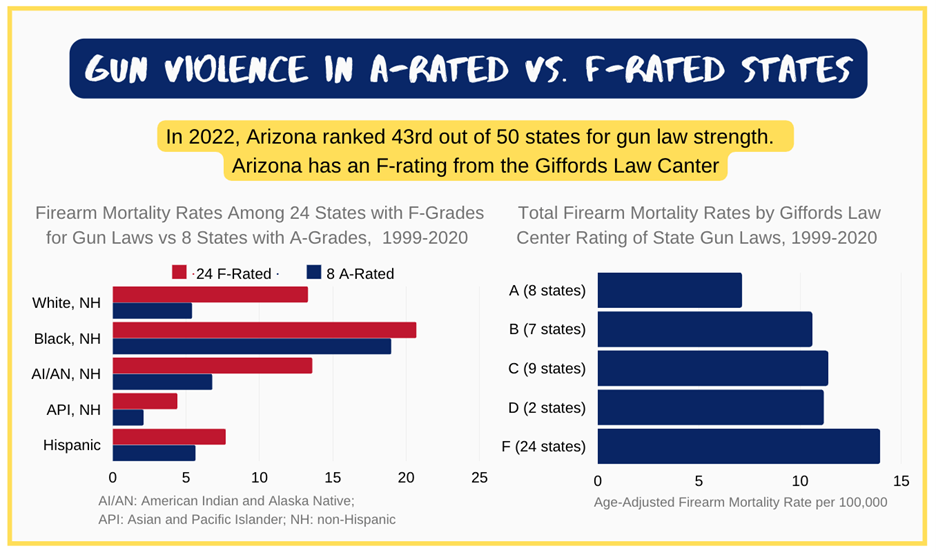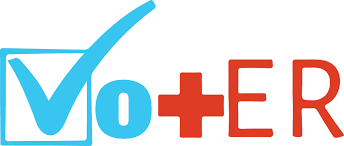In 2022 the Western Region Public Health Training Center was awarded $4.1 million by the Health Resources and Services Administration to help support a skilled and knowledgeable public health workforce through 2026.
Over those years, they’ll continue to provide interactive training programs that impart critical skills for providing quality services that meet community needs and address emerging threats at the local, state and national levels.
The Western Region Public Health Training Center is one of 10 Regional Public Health Training Centers funded by the Health Resources & Services Administration to support the public health workforce.
They’re a consortium of public health professionals that develop and provide innovative, skill-based training to address gaps identified by training needs assessments for the public health workforce. They:
- Develop and implement of skill-based public health trainings (online, in-person, webinars)
- Offer free continuing professional education courses.
- Are an accredited provider of CPEUs that is available to all Registered Dietitians/Nutrition and Registered Dietetic Technicians.
- Are an accredited provider of continuing education contact hours (CECH) that are available to all Certified Health Education Specialists (CHES).
- Provide stipends to support undergraduate juniors, seniors, and graduate students conducting community-based health projects.
- Customize & implement online public health core competency and training needs assessments for public health organizations.






